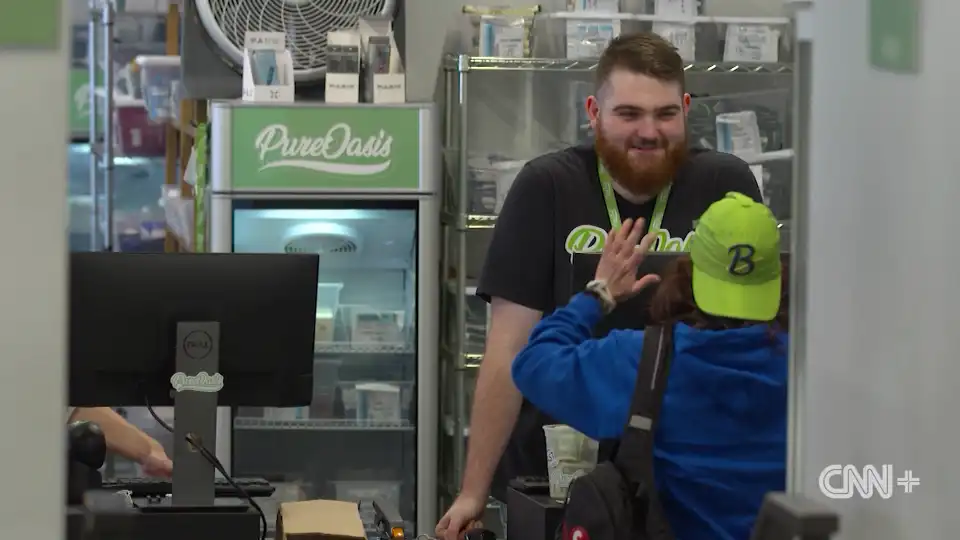About a decade ago, I watched with interest as Jim Hagedorn, the CEO of the iconic lawn-and-garden company Scotts Miracle-Gro, made a risky bet on the burgeoning cannabis industry. To avoid scaring off investors and traditional customers, he created a subsidiary with a clever name: their German surname, Hagedorn, was translated into English to become Hawthorne Gardening Company.
Table of Contents
The plan was to supply legal cannabis growers with everything they needed—from hydroponics to lighting—without ever touching the plant itself. For much of the next decade, as states across the U.S. legalized marijuana, the bet looked like a stroke of genius. Hawthorne grew rapidly, boosting Scotts’ profits and sending its stock price to incredible highs.
🌿 The Rise of Hawthorne
The Hagedorns saw an untapped market where small nutrient businesses were making tens of millions a year. They went on an acquisition spree, spending about \$2 billion to make Hawthorne the dominant supplier in the cannabis cultivation space. They bought up key hydroponics and supply companies, reassuring the anti-corporate cannabis culture that they weren’t there to clean house but to provide capital and R&D.
The strategy worked. Investors saw Scotts stock as a “stealth way to play the cannabis space,” and during the pandemic, demand skyrocketed. The company’s market cap more than doubled between March 2020 and April 2021, and at one point, it looked as though Chris Hagedorn, who led the division, had built a business more valuable than the one his father ran.
💨 The Market Collapses
But the high didn’t last. The same pandemic-fueled demand that drove the boom led to overproduction. When sales returned to normal in 2022, growers were left with massive inventories, causing wholesale prices to collapse. Hawthorne’s customers started going out of business, and what was once Scotts’ golden goose became an albatross.
The industry’s struggles were compounded by a harsh regulatory environment. Since cannabis is still a Schedule 1 drug federally, businesses can’t deduct ordinary expenses on their taxes, leaving them with razor-thin margins. This has driven many back to the illicit market.
Faced with these challenges, the Hagedorns decided it was time to disentangle Scotts from marijuana. The company is now in negotiations to sell Hawthorne Gardening by the end of the year, though they hope to include an option to buy it back if the federal government ever legalizes cannabis. As Jim Hagedorn bluntly put it, “Anybody who has gone legal has busted.”.
More Topics
- The Future of AI – Why the Brain is a Better Model Than Microchips
- A Guide to Trump’s ‘Everyone Inside’ Homelessness Strategy
- Ford’s Finances – Why Its High Dividend Payout Looks Hard to Maintain
- Robert Mulligan – A Look Back at Hollywood’s Last Poetic Filmmaker
- Fashion Trends – A Guide to the Return of the ’90s Bandanna
- A Guide to the Broken U.S. Child-Care System and How to Fix It
- Job Skills – A Guide to Certificates (and Why Many Don’t Pay Off)

